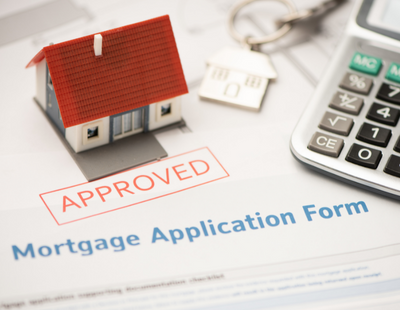
A 2,000-person survey has revealed the diverse financial routes that first time buyers take to get on the property ladder.
The survey - by Uswitch - revealed that almost half (45%) of first-time buyers purchased their property with help from a government scheme. The most common scheme used was the First Homes scheme (36%), followed by a Lifetime ISA (29%).
Kellie Steed, Uswitch mortgage expert, comments: “When people think about first-time buyer schemes, their mind often jumps to Help to Buy. But the Help to Buy equity loan scheme is no longer available in England, Northern Ireland or Scotland, although those in Wales who are eligible can still apply.
“For English homebuyers, one of the alternatives is the First Homes scheme, which was the most popular government scheme amongst survey respondents. Offering a 30 to 50% discount on the market value of a property, it may help those struggling to make that leap onto the property ladder due to affordability. However, there are limitations on the type of properties you can purchase, and certain eligibility criteria apply.”
The second most common purchase method was buying with a ‘traditional’ mortgage (44%). The majority (38%) of first-time buyers who bought a house with a mortgage opted for a standard variable-rate mortgage, or a fixed-rate mortgage (32%).
Some 34% of first-time buyers got help from their parents to get on the property ladder, with 24% getting a loan from their parents for the deposit, and 10% of buyers' parents gifting them money towards their purchase.
In terms of ownership, the survey also revealed that almost half (48%) of first-time buyers are the sole property owners, while 33% bought with a partner.
The survey also revealed that most first-time buyers are unaware of some important financial considerations prior to buying their property:
- Despite almost half of first-time buyers purchasing with a mortgage, only 7% were aware of the mortgage admin fee prior to securing their mortgage:
- 79% were unaware of stamp duty costs, for which the government have implemented a first-time buyer stamp duty relief measure in England and Northern Ireland – if you’re buying a property up to £425,000, you don’t have to pay stamp duty;
- Less than half (45%) were aware of survey costs. When buying a property, a valuation (checking if the property is worth what you’re offering) is essential and usually involves paying a fee to your lender. A survey is more detailed than a valuation and checks that the property is structurally sound, so can be beneficial. Survey fees vary depending on the level of detail requested and the size and value of the property;
- Only 40% were aware of conveyancing fees, which can cost between £800 - £2000.
Steed continues: “It can be easy for first-time buyers to only focus on rates when looking at mortgage deals. While the rate is really important in working out how expensive your repayments will be each month, buyers should also consider the fees involved. A mortgage deal with a low headline rate can sometimes wind up being more expensive than higher rate deals due to fees.
“On average, the arrangement fee alone sets a first-time buyer back around £345. But this is an average figure - in reality, some first-time buyers may pay nothing while some may face a cost of over £2,000. That’s why it’s so important for prospective homeowners to be aware of the fees associated with a mortgage. It’s a similar situation for legal fees, with the range paid varying from £0 to £600, with an average of £89.”














.jpg)





Join the conversation
Be the first to comment (please use the comment box below)
Please login to comment